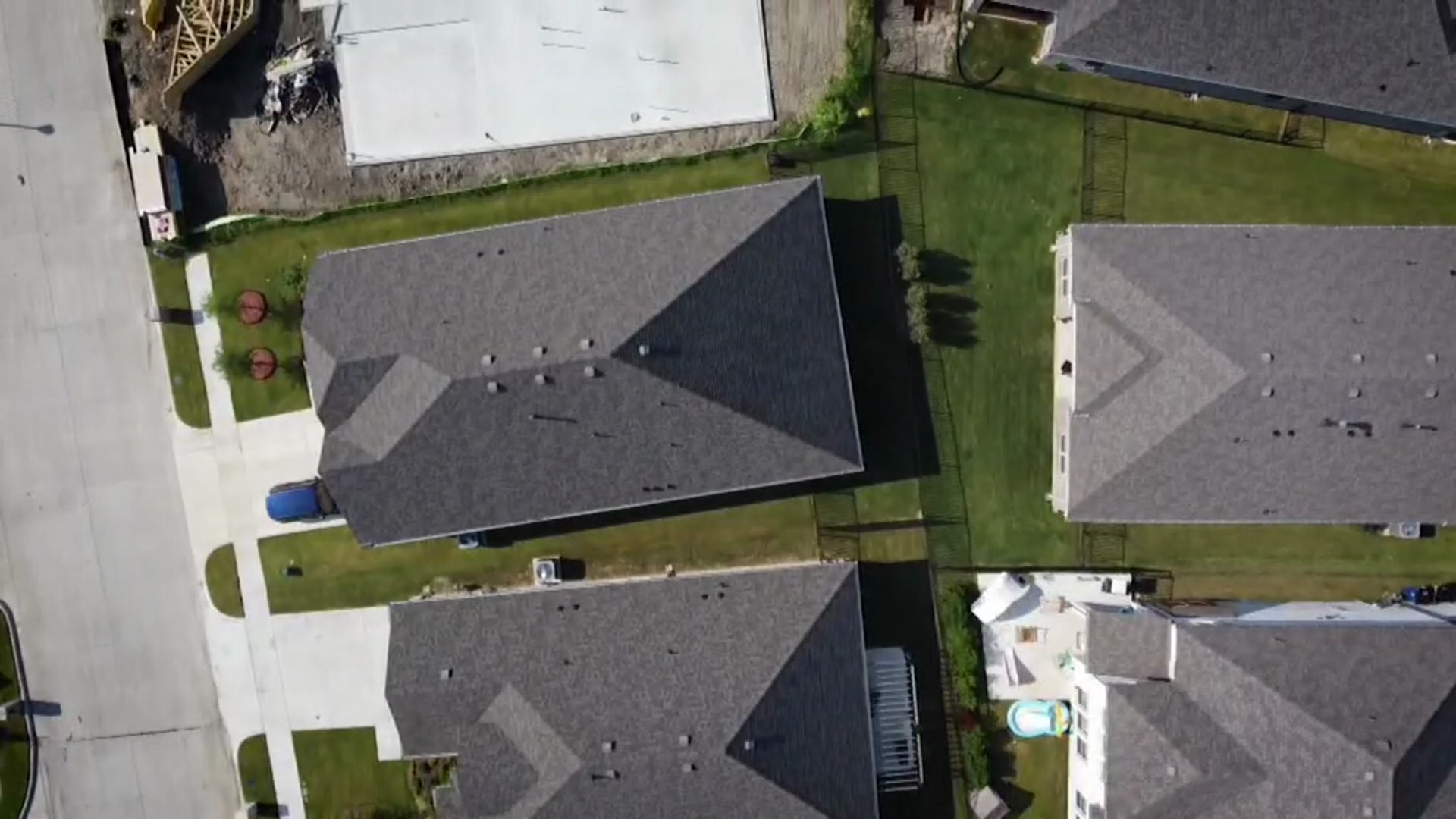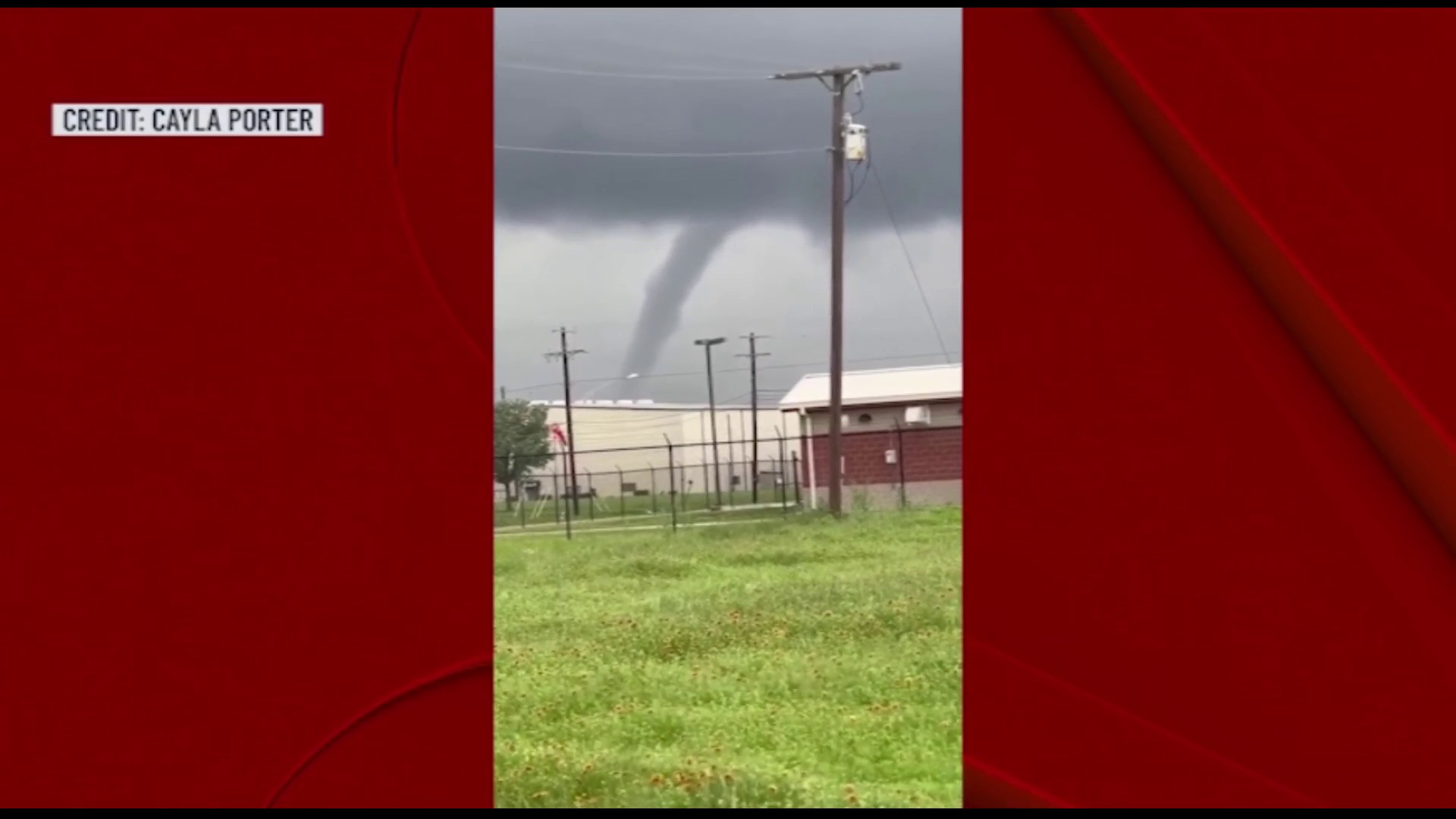As Texas Gov. Rick Perry ponders whether to throw his hat into the GOP presidential ring, he and his recently reunited team of advisers are looking hardest at Iowa.
For good reason: The voters who stand up on the cold caucus night of an Iowa winter bear a striking resemblance to voters in the Texas Republican primaries who have re-elected Perry three times in the past decade, making him the longest-serving governor in the country and the state's history.
The conservative Southerner might not yet have a single office open in Iowa and he's hired no staff, yet pollsters and strategists familiar with the state's politics say he would enter the race there with a natural edge.
"Rick Perry is going to have a basic appeal to rural Iowa conservatives," said Jim Henson, a pollster and director of the Texas Politics Project at the University of Texas at Austin. "These are his people."
For months, as potential rivals for the Republican nomination began the work of building a White House campaign, Perry insisted he wouldn't run. But as the Texas Legislature headed toward adjournment, he said in late May he would think about the race. His advisers started laying the groundwork for a campaign in June.
This past week, Perry was in California for a run of private meetings with members of Congress, conservative activists, CEOs and potential fundraisers. On Friday, he underwent minor back surgery and has no events planned this week.
Perry's first stop should he announce is almost sure to be Iowa, where voters in its Republican caucuses are nearly all white and roughly 60 percent describe themselves as born-again or evangelical Christians, according to entrance polls from the 2008 GOP caucuses. In Texas, Perry has enjoyed "astronomical support" from protestant Christian conservatives and evangelical white Christians, Henson said.
Local
The latest news from around North Texas.
"You have to count religious conservatives in Texas as among the components of Perry's base," he said. "People that go to church a lot are disproportionately Perry people."
Past entrance polls also found nearly 90 percent of GOP caucus goers considered themselves conservative, including 45 percent who say they are "very conservative." While Perry would not be alone among candidates on the right in the Republican field, joining Minnesota Rep. Michele Bachmann and others, few in the race could claim deeper conservative bona fides.
Daron Shaw, a Texas-based pollster who worked for former President George W. Bush's 2000 campaign, cautions against a belief the conservative base in the two states are identical.
Social conservatives in Texas tend to be from the state's rural areas and are voters who have an "intense mistrust of government." They are, he said, "more libertarian, tea party, anti-government, pull-yourself-up-by-your bootstraps."
Iowa's conservative Republicans are more "small town" than purely rural, Shaw said. They're "true, classic social conservatives interested in questions of religion and morality. They think the current occupants of government offices have lost faith, lost their way," he said.
The differences, however, don't matter to Perry. A fierce advocate for states' rights who once flirted with the idea of Texas seceding from the union, he has admitted his past attacks on Washington might actually make him too conservative to run for president. Perry is also a deeply religious man who recently invited the nation's governors to an Evangelical prayer rally in Houston.
"Perry actually appeals to both of those," Shaw said.
To compete, of course, Perry will need to win votes in more places than Iowa. Dave Carney, Perry's senior political strategist, said there are plenty of voters in states whose primaries follow the Iowa caucuses who also look a lot like the voters in Texas -- a state where Perry has never lost an election.
"Most primary voters in Iowa, New Hampshire, South Carolina and elsewhere are small-government, freedom-seeking, spending-weary voters who care about jobs, the economy and border security," Carney said in an e-mail. "I think they would line up favorably with Texas primary voters."



